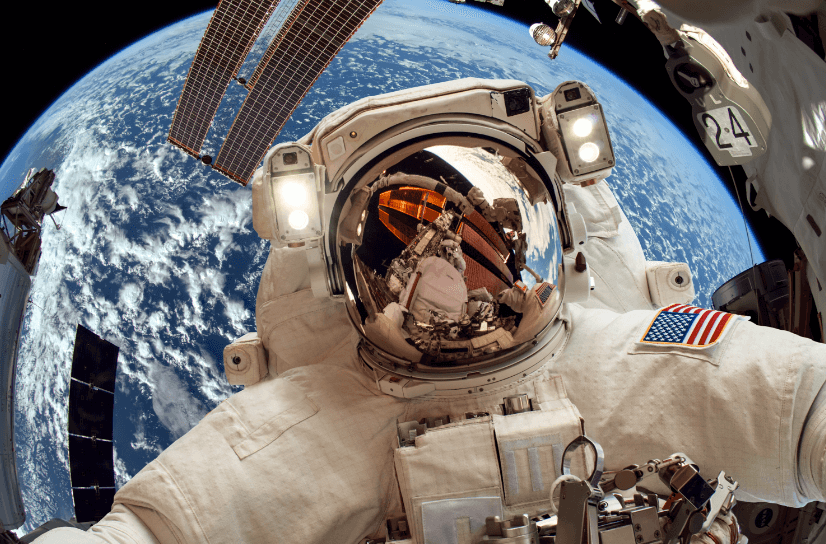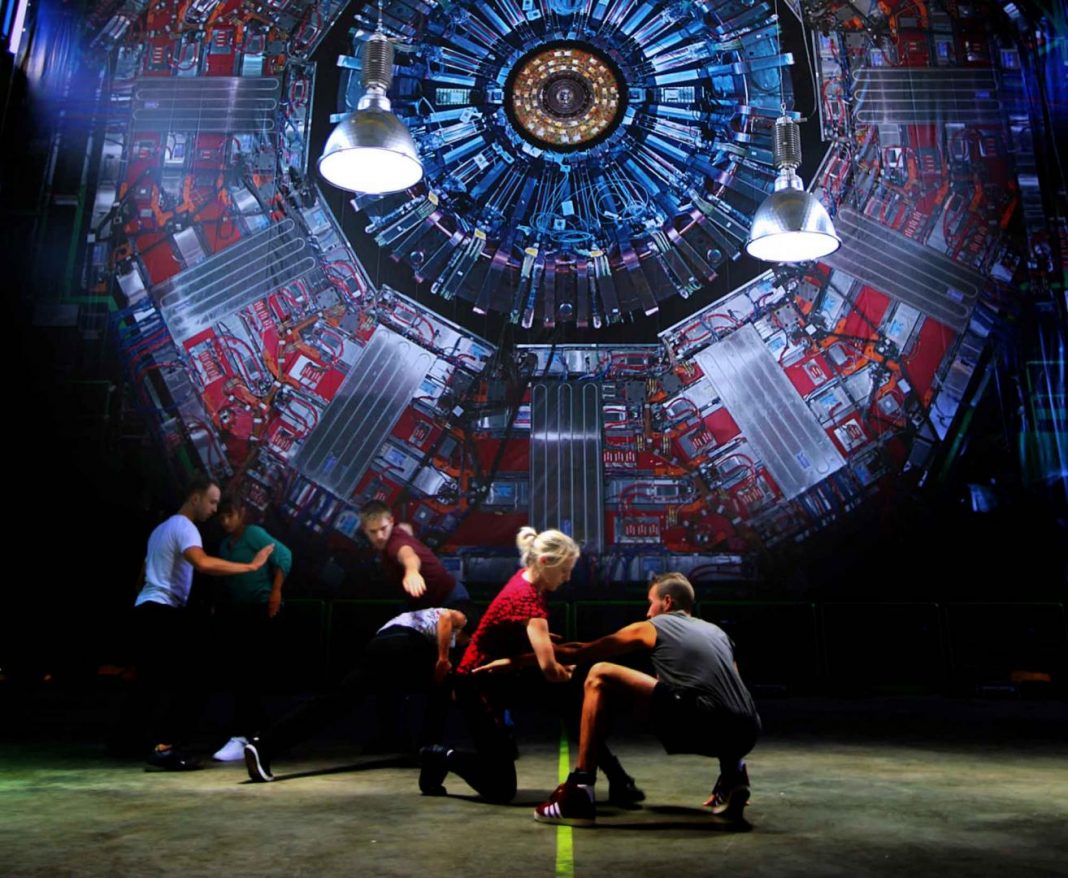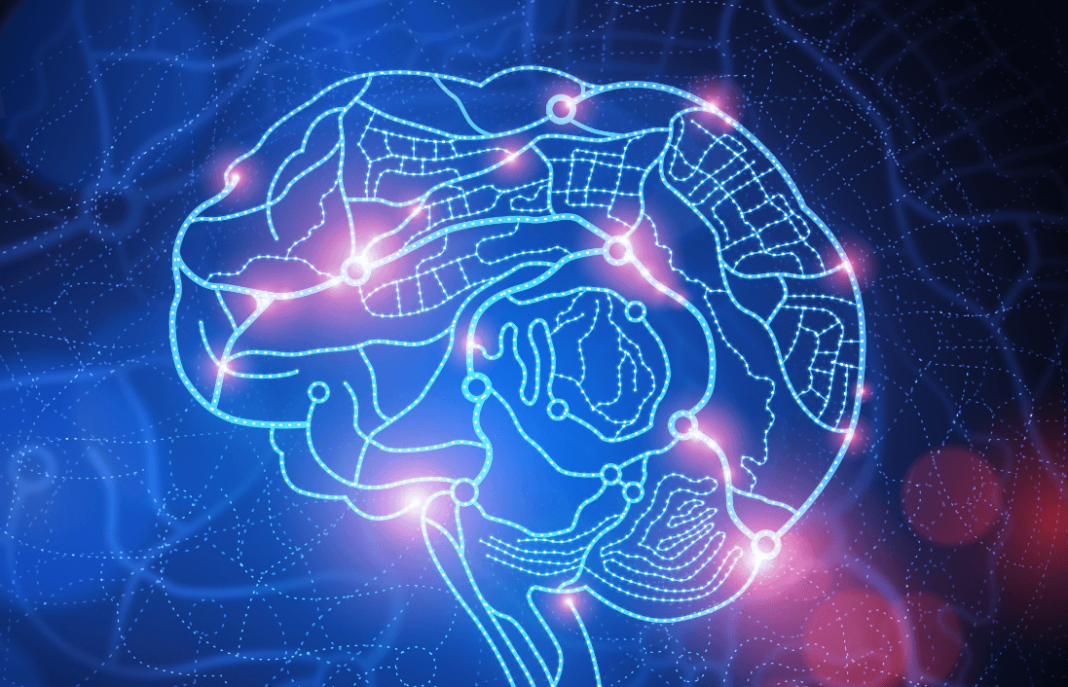If we could engineer the perfect astronaut, what would be the best qualities to give them? This may sound like a line out of a science fiction movie, but it’s a reality that’s getting closer each day. With various Mars missions looking to go ahead in the next few years, scientists are beginning to worry that maybe the answer to surviving on the Red Planet isn’t on the actual technology we can design, but to alter the actual human design instead.
We’re not quite talking about growing astronauts in test tubes in labs, but to perhaps alter human cells in the lab to make them more radiation proof or change them in a way that they’re able to produce their own vitamins and amino acids. Christopher Mason is one man who’s currently looking into this idea. Mason is a member id the Department if Physiology and Biophysics at Weill Cornell Medicine, and in 2011 he devised a 500 year plan that would get humans off Earth.
However, it’s still very early days for us in terms of space travel and I think it will be at least another decade or two before we find out exactly what effect space travel has on our genes. Right now it’s still guesswork as to which genes might be ok to change and which should be left alone. But Mason is working on it and right now he’s looking into how he radiation-proof human cells In his research, extra copies of the p53 cancer-preventing gene were added to cells. Elephants have an abundance of these cells and rarely ever get cancer, so researchers figured perhaps this should be the same for astronauts. A proposal has recently been sent to NASA to ask for permission to send the modified cells to the space station, and Mason awaits a response currently
Through the use of technology such as CRISPR, gene editing has become much easier to do and we face the possibility of seeing genetically modified people. Both China and Europe have conducted research on embryo editing to see how that works, but there are still many ethical hurdles to cross and scientists have to be careful how they continue. While the US National Academy of Sciences says it is ethical to make a gene-fixed baby as would be used to avoid disease. However, it would only be allowed under the strictest of circumstances such as if a couple were unable to have a healthy child for whatever reason, they would be allowed to create a genetically modified one.
Mason believes that space travel offers another strong argument for the genetically modifying of humans and says, “You can’t send someone to another planet without genetically protecting them if you are able to. That would be unethical.” But, for the moment at least, experts remain against using gene editing to create a child with perfect eyesight or is smarter than average.
If we think of fitness in terms of how well an organism can thrive and reproduce in a given environment, then the fitness of a human on Mars is very low. To try and combat this problem some scientists have created a catalog of genes that may just hold the answers. One company, called Veritas Genetics, will sequence anyone’s genome for $999, and included in the package is a report on your ‘space genes’, and let you know if you have a mutation that gives you extra lean muscles that might counter atrophy, or the specific variant of EPAS1, that allows you to survive with less oxygen than normal, as well as other data. The chances that you would have any of these traits is ultra rare, hence the suggestion to genetically modify astronauts.
One idea that’s come about with the upcoming Mars missions comes from Harris Wang of Columbia University and is in making humans subsist on sugar water. But, it’s just an idea, and Wang still isn’t sure the concept would even work. “I don’t want it said that I am making green people, and I am not suggesting we do this anytime soon,” says Wang. “But I am suggesting that if you want to do intergalactic travel, you need to solve the problem of being totally self-sufficient. We are putting humans in very extreme conditions, and from that perspective, this seems to be one idea for a long-term plan.”
Obviously creating astronauts that had the ability to produce their own essential nutrients would be mega complicated, but even more so than terraforming a whole planet or some of the other crazy ideas that have been thought up so far? Probably not. But, there’s a long way to go before it’s even achievable to create the perfect astronaut, ad even if we do figure it out, whether we’ll be able to use it, will be another question.
More News to Read











